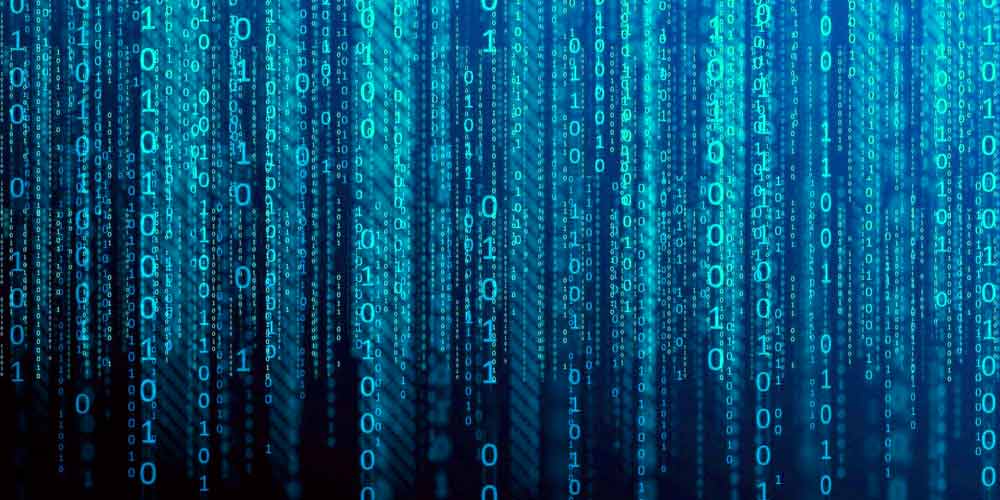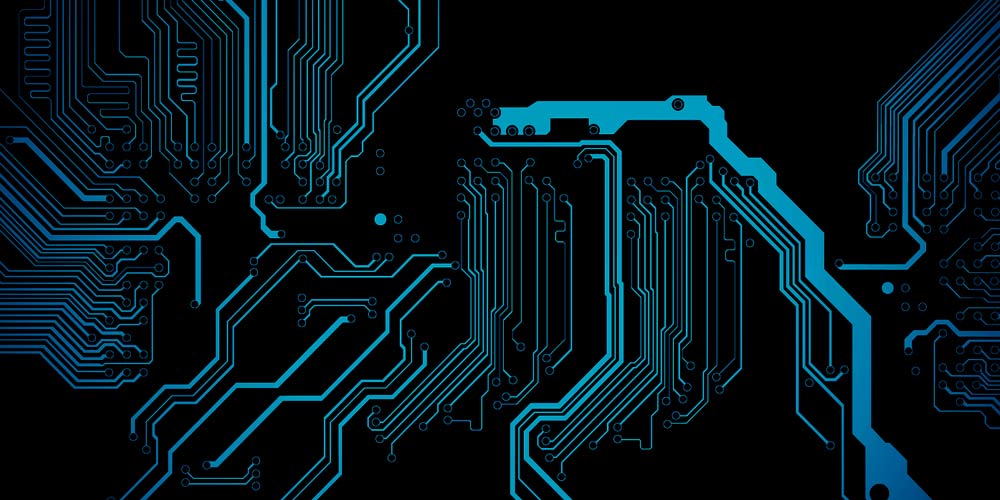Everything that has moving pasts, will degrade when they get older. This is true because friction will eat away parts bits by bits. But how about computers and gadgets? They don't have "visible" moving parts, so why do they degrade?
It's universally acknowledged that things that age will deteriorate. In terms of computers and gadgets, they have a limited lifespan for optimum performance. But why is that happening? What are the factors that cause that inevitable sluggishness?
Devices that run with electricity, have many parts that contribute inside them, working together. Because the parts varies between devices, some may experience slowdowns much quicker than others in some cases. In heavy usage of those devices can also shorten its optimum performance life.
Here are the main causes of slowdowns on devices:
Software

Every time, software makers and developers are trying to create the best of the best products to their consumers. Microsoft, Apple, Samsung, Google and many many others, are pushing out updates and patches. Typically, those include improvements and more features, as well as more powerful apps.
Along with those updates installed on your devices, be it a PC, laptop or mobile devices, older and less efficient codes can get overlooked and forgotten.
The cumulative effect is that your devices need to work harder to get the same results, as more and more demands are needed. This may cause some performance issues.
It’s the same story with apps as developers update their code to take advantage of newer hardware and add more features. For example, a messaging app that once a straightforward app for chatting, adds video calling feature, emojis, voice calls, GIF search, etc.. All those additions while your device's hardware remains unchanged will create performance issues.
And not to mention with cross-functionalities, APIs and others. There will be some inefficiencies.
With the added functionalities, we as users, tend to use those additional features by complicating them with our own desired setting preferences, saved files and so on. This makes further complexities that your device's hardware needs to manage.
Another reason is when we install more apps and store more files. No storage likes running out of space. The less empty storage, the operating system will have more difficulties in accessing all those fragmented files, which can lead to slow performance and regular crashes.
So here we see that improvements tend to bulk up the size and complexities. Because the hardware inside your device isn't upgraded, it will have to work harder, and this will cause a performance slowdown.
Hardware

Most slowdown happens on the software side that gets bloated and get more sophisticated, while at the same time, your hardware remains the same. But still, hardware components do experience physical degradation, too.
From lithium-ion batteries for example. These batteries will have a decreased maximum capacity the older it gets. Frequent recharge and usage will make the elements inside it degrade in performance. As a result, you will start getting less time between charges.
This is the natural feature of batteries.
The performance degradation won't directly impact the speed of your device. A battery that’s performing bad, is a sign of failure, but your apps should be running at the same speed. Unless manufacturers are throttling the CPU speed to compensate the aging battery, like Apple.
Then there is mechanical things, like traditional HDDs. They will show some slowdowns, but usually right before reaching the end of its life.
Frequent power cuts and too many read, writes and deletes will fragment files inside HDD causing performance impact. High operating temperature will also degrade components faster.
As for solid-state drives and flash memories, they will also experience slowdowns, but only when there is a lack of space. SSD's don't wear out like HDD, but they have a finite lifespan.
But in general, they should keep up a respectable level of performance until they reach it.
And as for the processor and the main memory, they won't experience slowdown over time. Even of they do, they will degrade very slightly. So if your devices are running slower by a significant margin, you can count the processor and memory out.